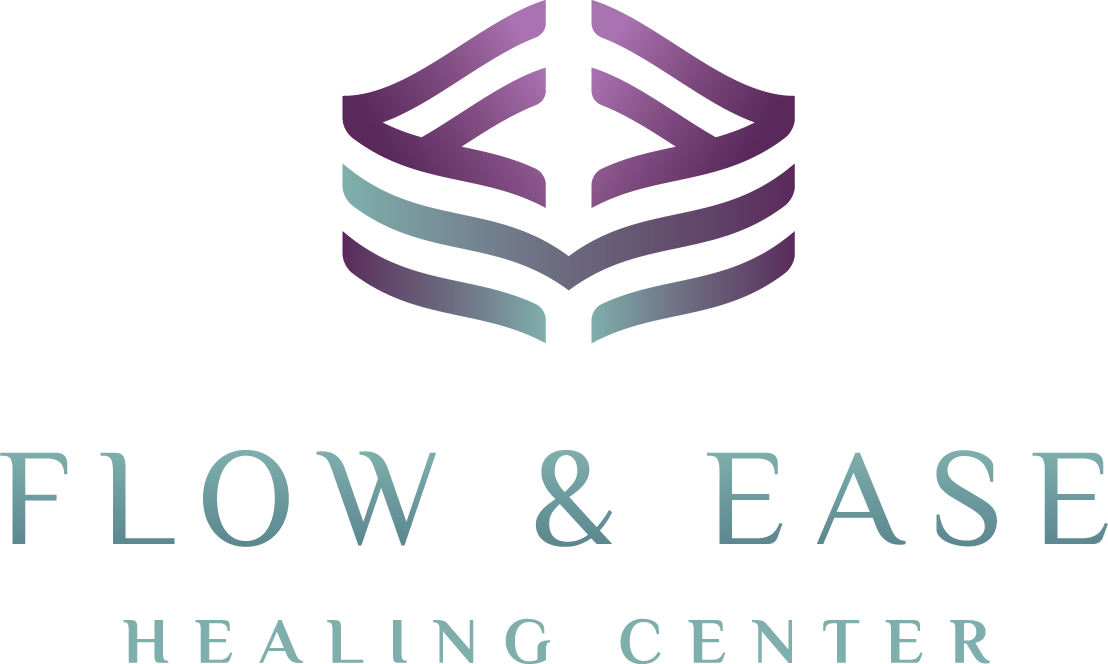The loss of a loved one is painful. Depending on how the loss happens it can leave us with complicated emotions that are difficult to process.
In 2021, my father passed away after a 30+ year battle with Parkinson’s Disease. And, although, his disease was progressive, as they say, nothing can truly prepare you for the loss of someone you love.
Since the pandemic, many of us have collectively experienced a tremendous amount of loss.
Although many of us want to go on about life as usual (denial) it’s important we acknowledge and process our grief.
Taking the time to slow down and be with my own grief provided me with invaluable lessons.
FOUR THINGS MY GRIEF TAUGHT ME ABOUT LOVE & RELATIONSHIPS
1. Your Relationship With the Person Who Passed Away Doesn’t End:
I continue to nurture my relationship with my father even after he’s passed. I have pictures of him throughout my home. I visit his gravesite and talk to him while I’m there. I play his favorite music to remind me of him. Most importantly, I continue to explore how he was raised and the impact that had on his parenting. I’ve learned new things about him since his passing that provided me with more insight into why he showed up the way he did for me. It’s been healing to accept his humanity. Side note: You can continue to heal your relationship with loved ones even after they pass because the healing is about you, not them.
2. No Matter How Much You Do, You’ll Still Question if You Did Enough for Them:
As the first-born, there were a lot of expectations placed on me growing up. As many firstborns will tell you, as a result, I learned how to over-function. Most days, I’m at peace knowing I did as much as I could for my father while he was here, but, as so many of us do, guilt that maybe I could have done more sets in from time to time. To combat this, I meet the guilt with acceptance knowing that this is what our brain does to make sense of loss and, ironically, trick us into believing we can stop death. Then, I place my hands over my heart and remind myself, I did the best I knew how and that was more than enough.
3. Your Relationship With The Person That Passed is Unique & So Is Your Grief:
My grief looks very different from my mother’s grief and even my siblings’ grief because we all had very unique relationships with my father. At times, I find myself comparing my grief, questioning why mine looks different than theirs. It’s in those times, I have to slow down and remember, not only did we have different relationships, but I’m also in a different place in my healing journey than they. Most of all, that’s OK.
4. During Your Healing Process, You’ll Find Parts of Yourself You Never Existed:
I always share that I’m a therapist with a therapist. (If you didn’t know, therapists need therapy too because, surprise – we’re human!) What I’ve discovered during my process is there is resilience, wisdom, and a profound ability to love & forgive that I never knew existed. Grief & Joy can co-exist. Pain & Healing can co-exist. Accountability & Forgiveness can co-exist. Gratitude & Loss can co-exist.
I hope that by sharing my experience, discussing death and relationships feels a bit more normal. Too often we shy away from the discussion, somehow, thinking that the emotions that get stirred are “bad.”
I like to believe that our grief is a testament to how much we loved them and that having sadness about their loss honors their memory and the impact they had on our lives. This type of loss is one of the most natural things that can happen to us as humans.
By sharing our experiences, we remind one another, “Hey Human, I’m in this ocean of life right alongside you. We’re in this together flowing through this tsunami of grief.”
And if you were wondering, yes, it’s okay to smile and still be grateful for the life that remains.
Disclaimer: THE FLOW & EASE HEALING CENTER blog is not intended to be a substitute for legal, ethical or medical consultation or for treatment and is strictly for educational and entertainment purposes. Nothing found on the website or email is a substitute for professional psychological, psychiatric or medical advice, diagnosis or treatment. Always seek the advice of your physician or other qualified health provider with any questions you may have regarding a medical or mental health condition.

